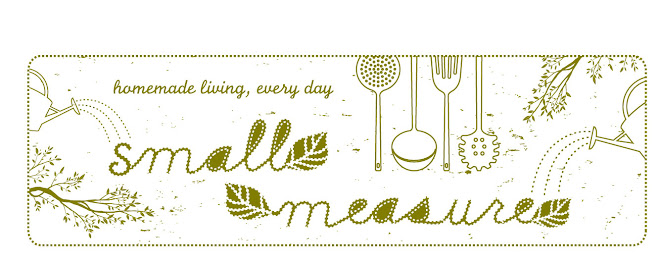 In today's penny-pinching times, ever find yourself wondering if there are some fruits that it might be o-kay to NOT buy organic? Well, look no further. The Environmental Working Group has compiled a list of the 12 fruits that are known to contain the highest levels of pesticides. These are the ones you want to purchase organically as often as you are able to. Otherwise, if it's not on the list, feel safe opting for the conventional counterpart.
In today's penny-pinching times, ever find yourself wondering if there are some fruits that it might be o-kay to NOT buy organic? Well, look no further. The Environmental Working Group has compiled a list of the 12 fruits that are known to contain the highest levels of pesticides. These are the ones you want to purchase organically as often as you are able to. Otherwise, if it's not on the list, feel safe opting for the conventional counterpart. Alternately, if you're shopping at a local farmer's market, ask the farmer directly about their pesticide use. Some, unable to foot the bill for organic certification, are pretty much de facto organic growers, using little to no pesticides on their crops.
So, here's the wrecking crew (so dubbed on account of the harm incurred to the environment, the farm workers and handlers, and you, the consumer), best consumed without any added pesticides, herbicides, or fungicides:
1) Peaches
2) Apples
3) Nectarines
4) Strawberries
5) Cherries
6) Grapes (Imported)
7) Pears
8) Raspberries
9) Grapes (Domestic)
10) Plums
11) Oranges
12) Nectarines
This list is especially important to children, pregnant and nursing women, the elderly, or anyone with compromised immune systems. Feel free to check out a slideshow with extra commentary here. As for me, I try to buy things in season, grown nearby, or at least within my growing region. That's why apples get the kibosh after Autumn (otherwise, I'm buying organic apples from New Zealand, which just doesn't really make sense to me), and you won't find me chomping on strawberries in the dead of winter.
It can get tricky, especially when I'm craving peaches and the mercury is registering at 9 degrees. That's where home canning comes in so handy. If you take a little surplus when a fruit is in season and transform it into applesauce, whole peaches, or strawberry jam, you can enjoy its deliciousness year-round!
Are there any fruits or vegetables that you only purchase either organically or seasonally?
*Small Measure: Know when to shop organically. Like I mentioned before, not only does springing for organic produce protect the health or you and your family, it also protects the health of farm workers, an often over-looked yet essential link in the food supply chain.
*Image from motherearthnews.com.








5 comments:
this is great
thanks!
i was just reading about this issue yesterday. now that we're starting to see the early spring harvest come in at the grocery store, having a quick-reference list of where i should spend the extra dollars is really invaluable. thanks!
so important for more people to understand this. thank you for sharing
this list!
Good to see the 'official' list. I've heard that it's okay to buy pineapples and bananas that aren't certified since they don't need pesticides. However, I would be less willing to try my luck on other items that tend to be sprayed heavily.
I'm so happy spring is here. So much is, or will be soon, in season. I want some home made peach ice-cream!
This is real peachy,Peaches! Count me in health first and then enjoy all the fresh fruit you can eat,can,preserve, or WHAT EVER!!!Mom
Post a Comment